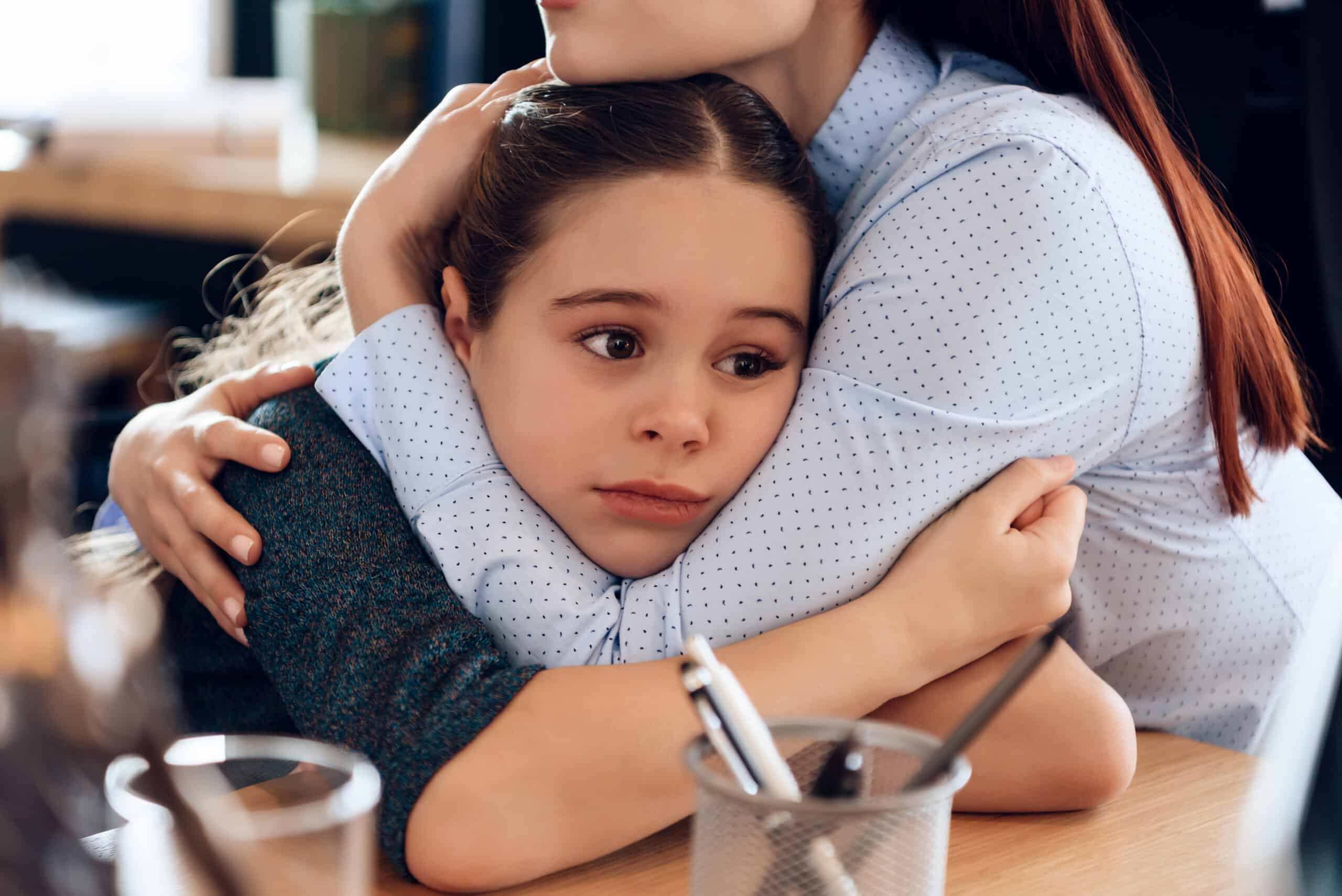How Do I Ensure that the Guardian I Choose Cares for My Child if Something Happens to Me?

No parent wants to consider the idea that something might happen to them that would prevent their ability to see their child through to self-supporting adulthood. But sometimes that happens. Having a plan in place is strongly recommended so that the child is immediately taken care of by someone you trust and can rely on. Here are some things to consider when thinking of setting up a guardianship to go into effect if something happens to you. The more carefully you plan for guardianship, the likelier it is you’ll have a guardian who will care for your child as you want them to. Leaving it to chance could mean that the courts step in and appoint a guardian for the child–and they may not have the same approach or values.
What Are Your Priorities for a Guardian for Your Child?
Obviously, ensuring the child has a safe and supportive home environment with access to necessities such as education and medical care is critical. But there are several other considerations that need to be addressed to find the right person.
- Your values. Many people have specific moral, ethical, or religious values they want to be taught to their children. Finding a guardian who is aligned with your beliefs or is someone you can trust to share those beliefs is vital. Values can also include how you’d like the child to be educated.
- Geography. Is the person(s) you might want to be a guardian nearby or far away? That’s a two-pronged question in that it could be even more traumatic if the child has to move far away if something happens to you. But it’s also more likely that the child won’t know the guardian well (and vice versa) if they don’t live in the vicinity.
- Age and health. A potential guardian should be someone of an age and state of health in which they’re more likely to live longer than someone older and in poorer health.
- Parenting style. This is one you need to grapple with first. If your parenting style is somewhat strict with orderly routines, would you accept a guardian who has a more relaxed parenting style? This doesn’t mean accepting a potentially abusive guardian but one who is less concerned with structure and rules.
- Financial situation. Are they employed or independently wealthy? Do they have a track record of spending wildly or changing jobs frequently? They may not be the right candidate to provide a stable, safe home.
What Can I Do to Help a Potential Guardian Prepare for My Child?
These are hard conversations to have, but far better to have them before anything happens than when it’s too late. Sometimes people think they would like the guardian to raise the child as if they were the guardian’s own child, but they may not understand what that actually means.
Instead, open a dialogue with the person(s) you’d like to be guardians. They need to know what’s involved and decide whether or not to accept the responsibility. Some may say no, and while it may seem like an insult, it’s better to know that up front, so you can move on and find someone appropriate who will say yes. All of the topics listed above should be open for discussion. If they feel uncomfortable, an attorney can help guide the meeting and conversation.
What Are Other Considerations for Choosing a Guardian for My Child?
Often people think they should just only one person to be guardian. But that can be short-sighted. Having a few guardians that you’ve vetted who have all agreed to take on that responsibility if need be is ideal. It’s fine to list them in order of preference. As time goes on, people’s situations may change. You may have a falling-out with someone on the list, or someone may experience a negative life-changing event (for example, a terminal cancer diagnosis) that makes them unable to take on a child. Having more than one guardian lined up means you can focus on taking care of your friend rather than scrambling for a replacement.
Who you don’t choose is important too. If there are specific people you absolutely don’t want raising your child, as awkward as it sounds, make them part of the legal guardianship documents by stating they are not eligible. This is especially important if you’re divorced and have full custody of the child and for various reasons, don’t want your former spouse involved. Leaving it to the courts after your death could lead to an undesirable outcome.
Finally, don’t choose someone just because they think they should be guardian. That could be a grandparent, aunt, or close family friend who may love the child and think they’d be perfect. But if the age of the grandparent is of concern, or the financials or lifestyle of the close family friend worry you, don’t name them as guardian just to be kind to them. The future of your child is at stake.
How Should I Begin the Process of Choosing the Right Guardian for My Child?
Call us at 832-422-7333 for a free, in-depth, no-obligation discovery call. We understand how important it is to choose the right guardian for your child. With our experience and knowledge, we can help guide you through the selection process and consider aspects you might not be aware of. Then we can advise you in how to draw up the legal documents to make that selection binding.
